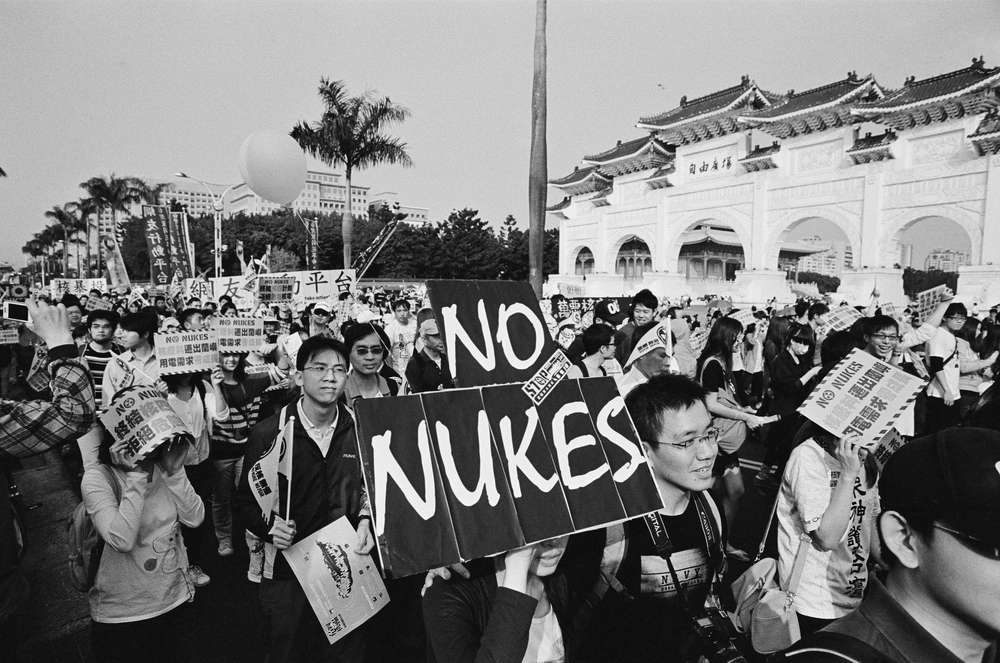Hiroshima 80 years on: a global plea for peace

To commemorate 80 years since the atomic bombing of Hiroshima, the first use of a nuclear weapon in warfare, thousands gathered at Hiroshima’s Peace Memorial Park to honour the victims and renew calls for a world without nuclear arms, according to Al Jazeera on August 6th.
On August 6th, 1945, the western Japanese city of Hiroshima became the site of unprecedented devastation when the United States deployed a uranium-powered bomb nicknamed “Little Boy.” The attack claimed around 78,000 lives instantly, with tens of thousands more dying later from radiation exposure and injuries.
Survivors, international delegates, and officials from 120 countries and regions came together in remembrance of the tragedy and to promote global peace.
Three days after the Hiroshima bombing, a second atomic bomb—this time made with plutonium—was dropped on Nagasaki.
These twin attacks led to Japan’s surrender on August 15th, eventually bringing an end to World War 2.
At Hiroshima’s Peace Memorial Park, the annual remembrance ceremony follows a similar format each year. The day begins with offerings of flowers and water, followed by a moment of silence at 8:15 a.m. Afterwards, the mayor reads the declaration of peace, calling for the abolition of nuclear weapons worldwide.
Across Japan, children took part in the “Promise of Peace”, sharing words of remembrance and optimism for the future.
However, not all citizens at the memorial felt hopeful. Seventy-one-year-old Yoshikazu Horie remarked, “It feels more and more like history is repeating itself.”
Mayor Kazumi Matsui cautioned against rising militarism, denouncing leaders who believe nuclear arms are essential for safeguarding national interests. He highlighted that “Among the world’s political leaders, there is a growing belief that possessing nuclear weapons is unavoidable in order to protect their own countries,” adding that the United States and Russia continue to control 90 percent of the global nuclear arsenal.
This resistance to disarmament is further reflected in comments from Iranian Foreign Minister Abbas Araghchi, who recently explained that Tehran will not give up its uranium enrichment programme—an example of the broader reluctance among nations to abandon nuclear capabilities.
Matsui concluded the memorial by urging, “To all the leaders around the world: please visit Hiroshima and witness for yourselves the reality of the atomic bombing.”
While Japan maintains its commitment to nuclear disarmament, it has refused to join the United Nation treaty banning the possession and use of nuclear weapons.
Al Jazeera, Maghrebi.org
Want to chase the pulse of North Africa?
Subscribe to receive our FREE weekly PDF magazine












